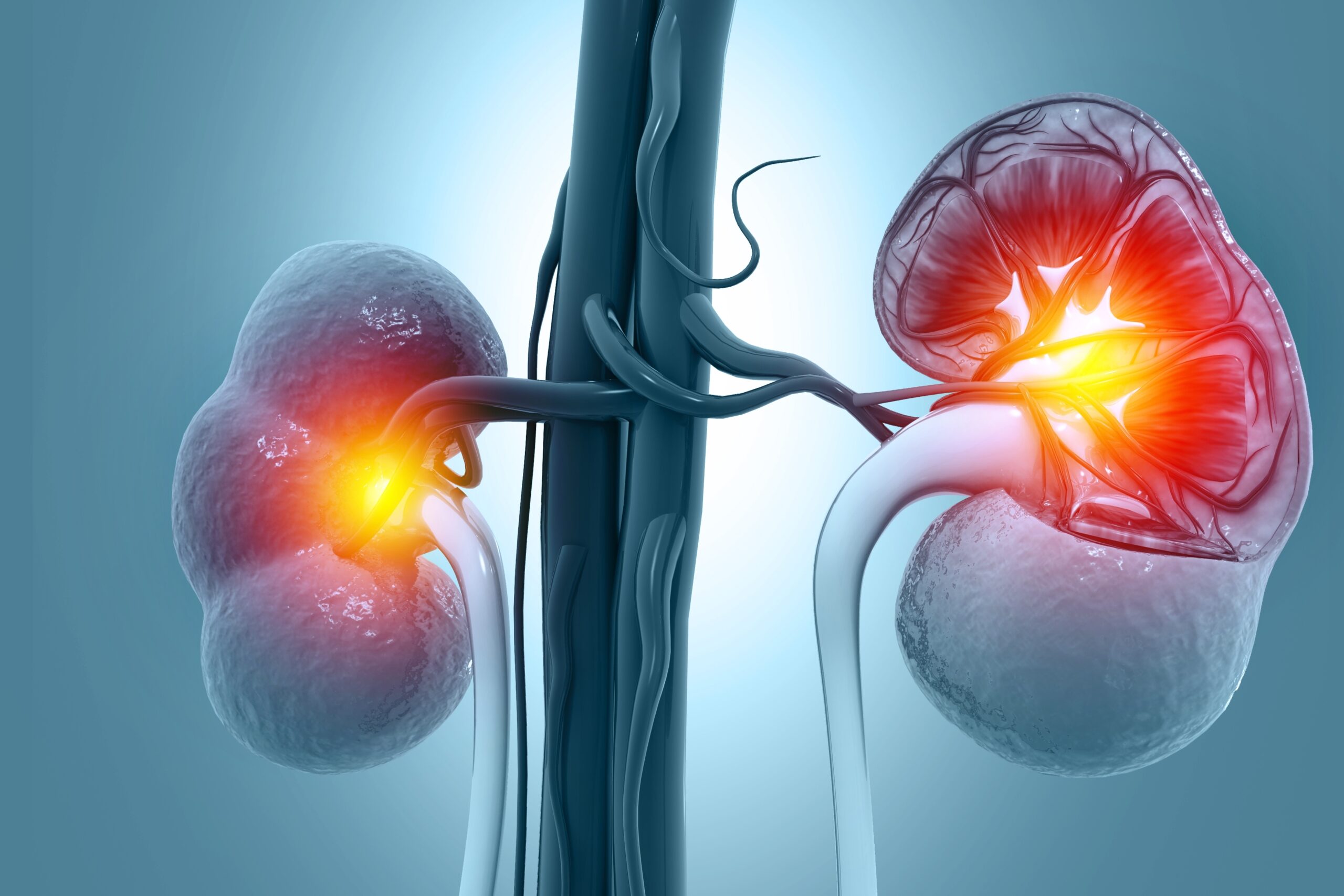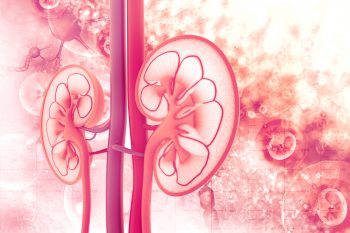glomerular disease
Advertisement
An analysis Identified SIRT1, BAG3, COKN1A and FOS as potential autophagy-related biomarkers for IgAN.
Research identified microRNA-483-5p as a possible biomarker for IgA nephropathy to help with risk stratification.
The European Commission has granted standard approval to sparsentan for the treatment of adults with primary IgA nephropathy.
We spoke with ALIGN study investigator Richard Lafayette, MD, upon the FDA's accelerated approval of atrasentan for IgAN.
Joel Topf caught up with James Tumlin at NKF SCM25 to talk about Dr. Tumlin's late-breaking abstract on sparsentan in FSGS.
The FDA has granted Priority Review to pegcetacoplan to treat C3 glomerulopathy and primary IC-MPGN.
Researchers at SCM25 presented interim results of the SPARTAN trial of sparsentan as a treatment for patients with IgAN.
One-year results of the AFFINITY trial of atrasentan to treat proteinuria among patients with IgAN were presented at SCM25.
Researchers shared baseline characteristics of patients in the phase 3 VISIONARY trial of sibeprenlimab for IgA nephropathy.
Research compared the effects of sparsentan and irbesartan on proteinuria remission in focal segmental glomerulosclerosis.
NOBLE examined the efficacy and safety of pegcetacoplan in kidney transplant recipients with recurrent C3G or IC-MPGN.
Oral iptacopan (Fabhalta) has become the first FDA-approved treatment for proteinuria in adults with C3 glomerulopathy.
Researchers wanted to understand kidney changes with O. felineus infection and whether there is an association with IgAN.
Researchers reported the progression of kidney function throughout the course of IgA nephropathy.
Are immunosuppressive therapies used to treat glomerular disease are related to higher cardiovascular risks?
Travere will submit an application to the FDA requesting approval of sparsentan for focal segmental glomerulosclerosis.
A MAMS platform trial will examine use of antiproteinuric and immunomodulatory therapies in glomerular diseases.
A study examined the association of APOL1 risk variants and genotypes with chronic kidney disease among West Africans.
Carla Nester spoke about two presentations at Kidney Week focused on potential therapies for C3 glomerulopathy.
Researchers compared incidence of mortality and kidney failure between patients with CKD and rare kidney diseases.
Advertisement






















 © 2025 Mashup Media, LLC, a Formedics Property. All Rights Reserved.
© 2025 Mashup Media, LLC, a Formedics Property. All Rights Reserved.